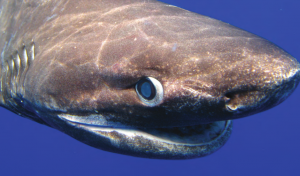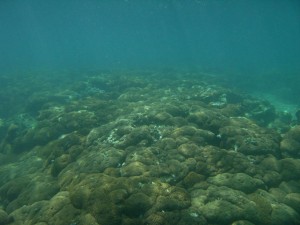What Every Good “Shark Week” Fan Should Read While They Watch
VANCOUVER, BRITISH COLUMBIA, CANADA. August 13, 2012 – At the close of the annual meeting of leading American shark and ray scientists, the IUCN Shark Specialist Group (SSG) is releasing the first compilation of conservation status assessments for nearly 300 sharks, rays, and chimaeras (collectively known as chondrichthyan fishes) found in North American, Central American, and Caribbean waters conducted using the IUCN Red List of Threatened Species criteria. The report and supplementary materials can be downloaded from the IUCN website.
The report documents that 13.5% of the region’s shark, skate, and chimaera species qualify for one of the three “threatened” categories — Critically Endangered, Endangered, Vulnerable — associated with an elevated risk of extinction. Nine rays and 20 sharks qualify as Vulnerable. Sixteen percent of species are classified as Near Threatened, 27% as Least Concern, and 43.4% as Data Deficient. Read more


